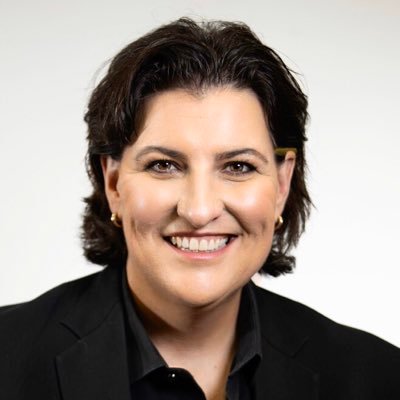
Encouraging your kids to save from a young age is important, as it sets them up for the future. South Africa has one of the lowest savings rates in the world. At 16.3%, we need to start helping our future generations understand the importance of saving and guide them in building healthy and solid relationships with money.
Conversations around saving and spending are crucial life skills, as they help shape our children’s attitudes about money from a young age. Himal Parbhoo, CEO of FNB Cash Investments says, “Children start understanding the concept of money at a very young age. It’s at this point that we need to start inculcating the value and importance of effective and creative money management principles.”
He adds that “We could influence the way our children save or spend their money through ongoing conversations. These conversations should revolve around the concept of ‘choice’ by giving our children the option of spending versus saving their allowance or money and the potential impact of not saving for the future.”

Ester Ochse, Product Head, FNB Integrated Advice, adds that “One of the best ways of assuring that your children are capable of saving is to let them take control of their savings journey. Using age-appropriate ways to teach saving and making it interactive will make it fun for them and help them develop a healthy relationship with money and savings. Guide them through the money management journey, starting with basic budgeting, helping them understand that saving is a need, not a want, and helping them track their progress monthly. This is one of the best ways to get them started on their savings journey and make them the next generation of money-savvy young adults.”
The experts highlight a few ways that one can sway the savings conversations with your children:
- Unpack the importance of needs vs wants
We’ve all been in those situations where we want to spend our hard-earned money on something nice. Teaching kids the value of saving from the onset involves distinguishing between needs and wants. Help them understand that needs include basic items like food, clothing, and stationery, and wants are those additional nice-to-haves like toys, bicycles, movie tickets, etc.
Conversations around needs and wants need to be practical. Parents or elders can build a game around the concept by quizzing their kids at home or in an external environment and asking the question, What is a need and want?
- Challenge them
There’s no better way to get kids to do something than by challenging them. Have a conversation to understand what their ultimate savings goal is, whether it’s to buy a new smartphone or a toy car. Note the cost of the item and then highlight what they can get if and should they save for an additional 6 – 12-month period instead of going off to buy their desired object.
- Help them map out a creative savings plan
Just like a budget, help them map out their ideal savings plan, through a savings journal. Be creative, use a scrapbook, highlighters, pictures map out their savings journey. In their plan highlight the:
1. Desired object?
2. Why are they saving for this object?
3. Is it a need or want?
4. Goals or timelines to purchase the object?
5. Is it a short or long-term goal?
Build a savings tracker that will help them monitor their savings. This tracker can be adapted to suit your child’s savings goals :
| SAVINGS TRACKER | ||||
| I am saving for: A new pair of sneakers | ||||
| I need: R 200.00 | ||||
| MY SAVINGS PLAN | ||||
| Date | Savings | From | Total to date | Outstandingg |
| 1 June | R 50.00 | Allowance | R 150.00 | R 50.00 |
| 1 July | R 100.00 | Birthday money | ||
- Open a bank account or get a savings or investment vehicle
A bank account or investment vehicle is a great way to get your children started on their financial journey. This will also help them understand the concept of finance, savings and investments; and will help in visualising their financial goal. You could look at getting your children a FNBY savings account for day-to-day savings or even a Tax-free savings account which can help fund their education in the long-term.
“Savings is a common topic among all age groups. The sad reality is that no matter how old you are, you still need a savings plan that will get you through those tough times. It’s easy to put savings out to later, but in reality, an adequate savings plan will help you in the long term,” concludes Parbhoo.
INFO SUPPLIED.


